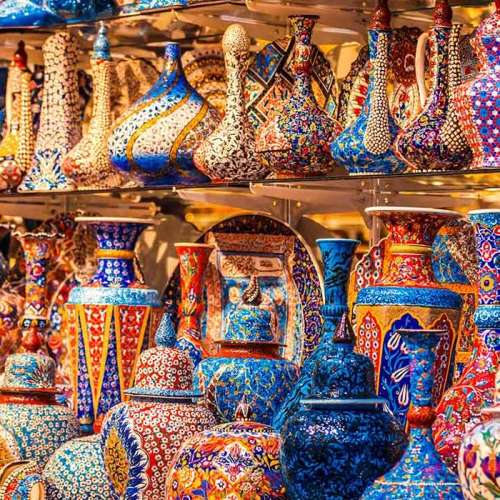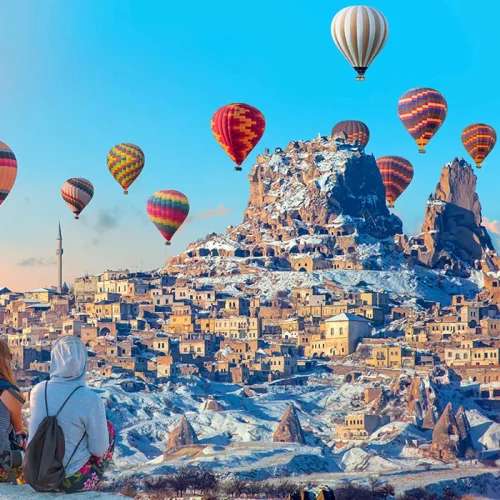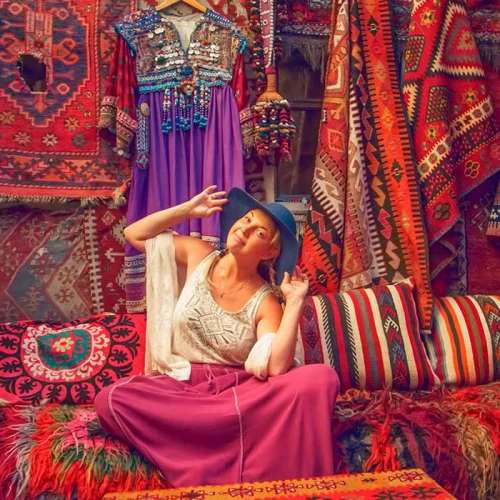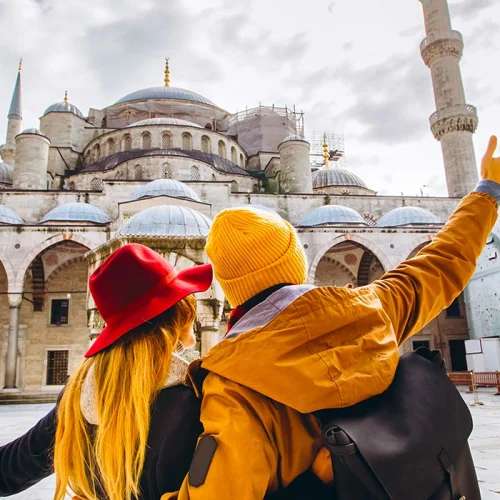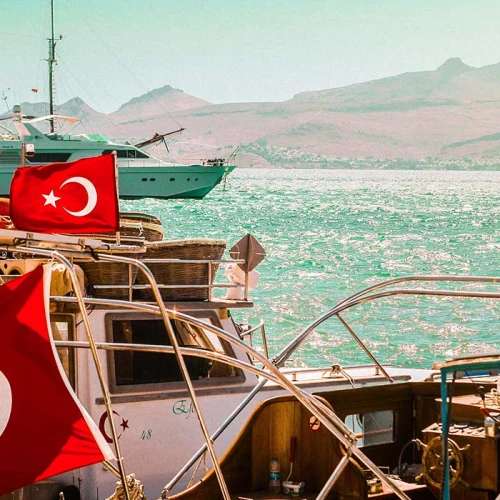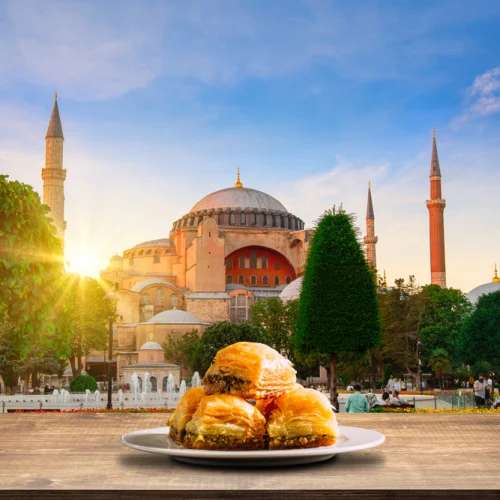Ramadan in Turkey: A Spiritual Journey amidst Rich Cultural Traditions
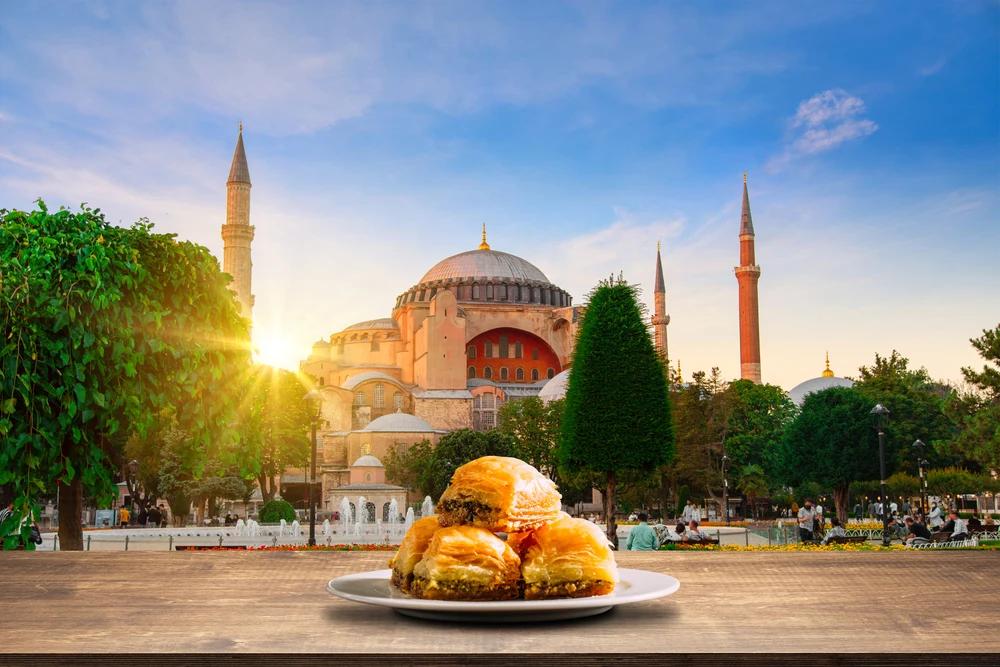
Ramadan, known as Ramazan in Turkey, is a significant religious observance for the Muslim-majority country, offering a unique blend of faith, culture, and communal harmony. If you're planning a visit during this holy month, understanding the traditions and customs can enhance your experience. This guide will help you navigate through Ramadan in Turkey, highlighting the country's vibrant cultural tapestry during this special period.
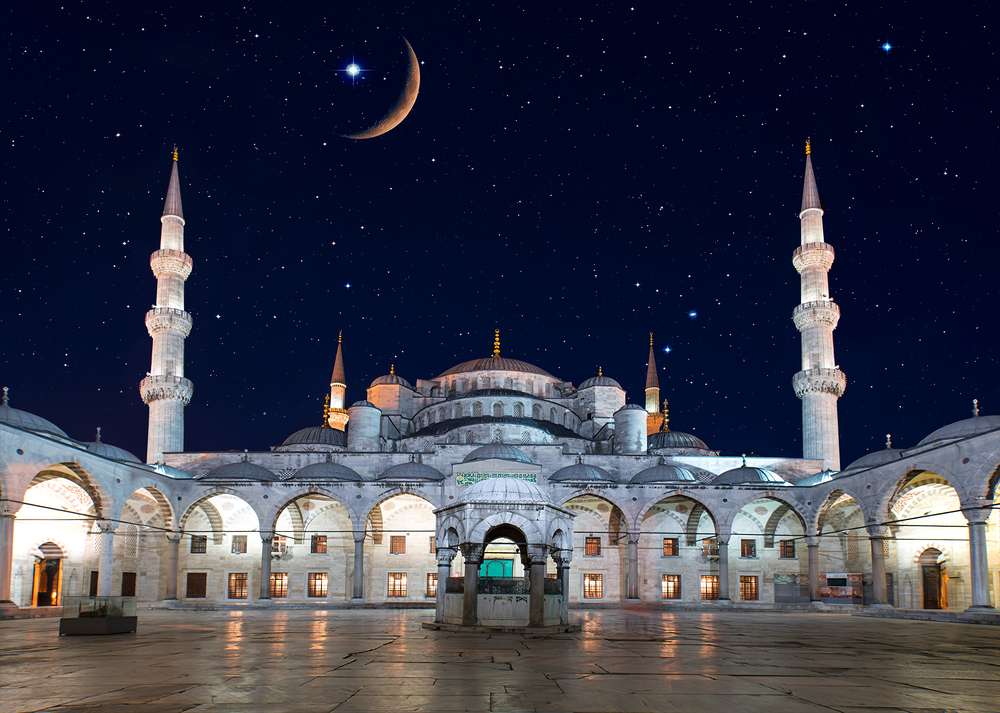
Understanding Ramadan
Ramadan, the ninth month of the Islamic calendar, is a holy period for Muslims worldwide, including in Turkey. It commemorates the month when Prophet Muhammad received the first revelations of the Quran, the holy book of Islam. During Ramadan, Muslims fast from dawn to sunset, abstaining from food, drink, smoking, and other physical needs. It's a time of worship, introspection, charity, and community.
The Cultural Significance of Ramadan in Turkey
Turkey, being among the most liberal Islamic countries globally, observes Ramadan with a balance of religious reverence and cultural festivities. The holy month in Turkey is characterized by a sense of unity and reconciliation among humans, ethnic groups, and all practicing Muslims, fostering an environment of shared faith and compassion.
Ramadan: A Month of Fasting and Feasting
The daylight hours of Ramadan are marked by fasting, where nothing is allowed to pass the lips. However, the evenings witness a delightful change in pace. As the sun sets, the fast is broken with 'Iftar,' a ceremonial meal that typically includes freshly baked flat 'pide' bread, soup, pickled vegetables, olives, and other readily prepared dishes. The Iftar meal is a communal affair, often shared with family and friends, symbolizing the spirit of communal celebration.
Experiencing Ramadan in Different Regions of Turkey
The observance of Ramadan in Turkey varies across regions. Tourist hotspots like Istanbul, coastal resorts of the Aegean and Mediterranean, and cosmopolitan cities like Ankara, usually continue with their everyday life, with slight modifications to respect the fasting hours. However, in more conservative areas and smaller towns, you'll see a more traditional observance of Ramadan, with most restaurants and shops closed during daylight hours.
Ramadan Events and Activities
During Ramadan, cities and towns across Turkey come alive with various events and activities. String lights illuminate mosques and buildings, creating a festive atmosphere. Cultural and religious performances, music concerts, and art workshops often take place in the evenings, making it a delightful time for tourists to experience the local culture.
The Drum Beats of Ramadan
One unique Ramadan tradition in Turkey is the circulation of drummers around towns and villages in the night, waking people for 'Sahur,' the pre-dawn meal before the fast begins. Although it might startle you if you're not accustomed to it, it's a part of the rich tapestry of Turkish Ramadan traditions.
Ramadan and Turkish Hospitality
One of the key aspects of Ramadan in Turkey is the incredible hospitality. Non-Muslim visitors are often invited to join the evening celebrations, which can be a great cultural immersion opportunity. Turkish tables overflow with a variety of dishes, and conversations and entertainment often last late into the night.
Tourism During Ramadan
Visiting Turkey during Ramadan does not significantly impact the overall tourist experience. Most tourist resorts, restaurants, and bars remain open, with staff happy to serve customers regardless of whether they're fasting. However, it's advisable to refrain from eating, drinking, or smoking in public during daylight hours, out of respect for those who are fasting.
How Does Ramadan Affect Tourists in Turkey?
Ramadan in Turkey can be a different experience depending on where you are. In major tourist areas like Istanbul or coastal resorts of the Aegean and Mediterranean, life continues as usual during Ramadan. Restaurants and bars remain open, and visitors are served as normal. However, in more traditional cities or towns, particularly those away from the coast, you may notice some changes in daily routines and operating hours of businesses.
It's important to remember to be respectful of those who are fasting. While it's not illegal to eat, drink, or smoke in public during Ramadan, it's considered polite to avoid doing so openly. Eating in restaurants or discreetly is perfectly acceptable.
Key Dates for Ramadan
Ramadan's dates change each year as the Islamic calendar is lunar, meaning Ramadan occurs about ten days earlier each year. It lasts for about 29 to 30 days, depending on the sighting of the moon. The end of Ramadan is marked by a significant three-day festival called Eid al-Fitr.
Business Operations During Ramadan
In major cities and tourist areas, most businesses stay open during Ramadan. Eateries are less busy at lunch, but many extend their working hours into the night, buzzing with activity for the Iftar meal. Some restaurants may modify their offerings, serving special menus for Iftar and refraining from serving alcohol during the holy month.
The Sound of Ramadan
In several places around Turkey, you may hear drumming before dawn. This traditional practice involves drummers walking through the streets to wake people up for their Suhur meal before the fast begins. While it can be a bit surprising for first-time visitors, it's a unique part of the Ramadan experience in Turkey.
Participation in Ramadan
For non-Muslims visiting Turkey during Ramadan, participation is not mandatory but being mindful of the culture and those observing the fast is appreciated. Dressing modestly, especially when visiting religious sites, and showing understanding towards those who are fasting can greatly enhance your interactions and experiences during this time.
Alcohol Consumption During Ramadan
While many Muslims refrain from consuming alcohol during Ramadan, it's not expected of tourists. Alcohol is readily available in many parts of the country, and visitors are free to enjoy it responsibly.
Crowds During Ramadan
While some areas may see fewer people during the day, businesses, especially restaurants, can become quite lively after sunset for the Iftar meal. Planning and making restaurant reservations may be a good idea to ensure a place at popular eateries.
Beach Etiquette During Ramadan
For those planning to hit the beach during Ramadan, rest assured that wearing swimwear in public is not an issue. Beaches and hotel pools operate as usual.
Traditional Ramadan Food in Turkey
Ramadan brings with it an array of traditional Turkish dishes. The Iftar meal often starts with dates and water, followed by a hearty soup. Ramadan pide, a type of Turkish flatbread topped with sesame seeds, is a staple during this month. Other popular dishes include Börek, a savory pastry filled with cheese, spinach, or meat, and various kebabs. For dessert, Güllaç, a special Ramadan dessert made with thin layers of phyllo dough sheets with milk and rosewater, is a must-try.
A Few Tips for Travelers
While Ramadan in Turkey is an enriching cultural experience, it's essential to follow certain norms. Dress modestly when visiting religious sites. Be patient and understanding with people observing the fast, especially those in service roles. Avoid eating, drinking, or smoking in public during daylight hours. And most importantly, immerse yourself in the experience, respecting the local customs and traditions.
Visiting Turkey during Ramadan offers a unique perspective into the country's rich cultural and religious tapestry. Whether you're strolling through the illuminated streets of Istanbul, experiencing the communal 'Iftar' meal, or waking up to the drum beats of 'Sahur,' Ramadan in Turkey is an experience filled with faith, festivity, and an unparalleled sense of community.
Conclusion
In summary, experiencing Ramadan in Turkey offers a unique blend of religious observance and cultural celebration. Whether you are wandering through bustling city streets, exploring tranquil coastal towns, or delving into the heart of rural villages, the spirit of Ramadan permeates every corner of the country. It's a time of unity, reflection, and joy, making any visit during this holy month a truly enriching experience. With Turkey Tour Trip you will find a great variety of Turkey Packages.
Related Tours
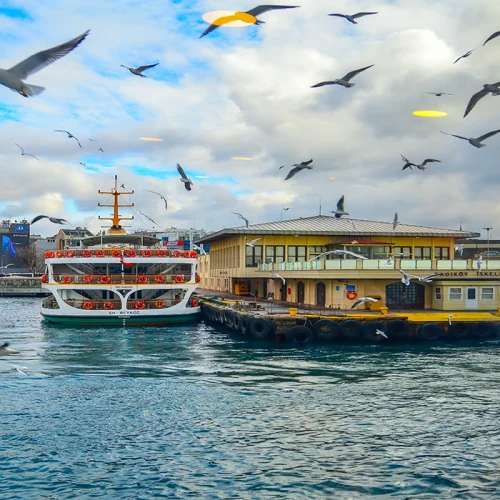
7 Days / 6 Nights
This trip promises not just a journey but an odyssey through the ages, where every moment is a brushstroke on the canvas of your memories.









































